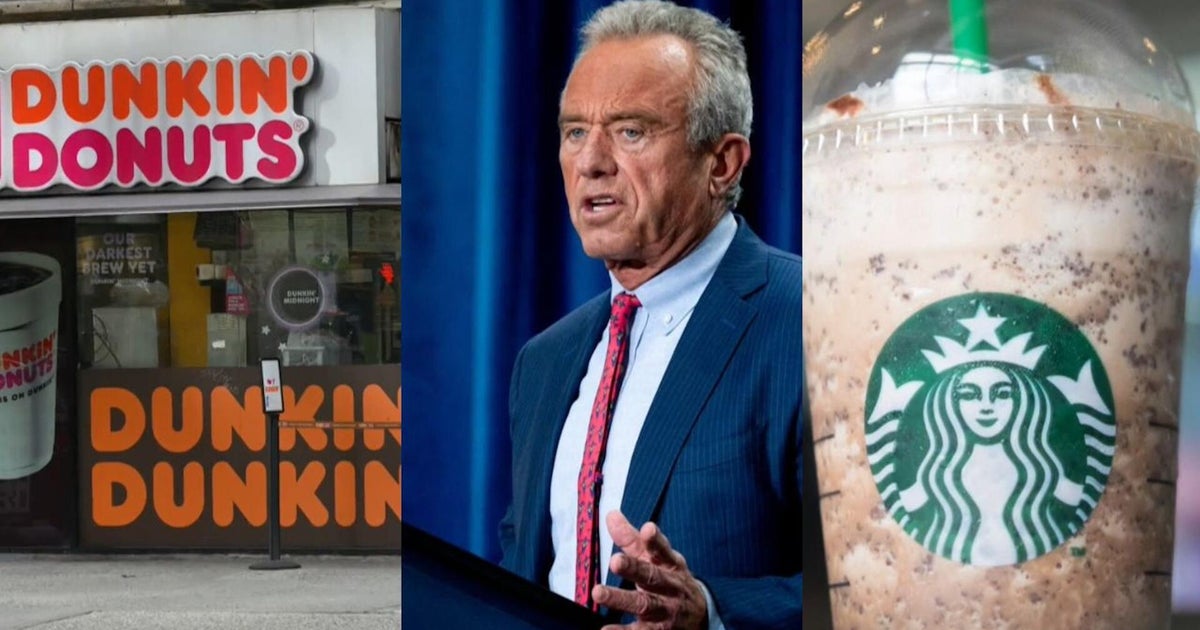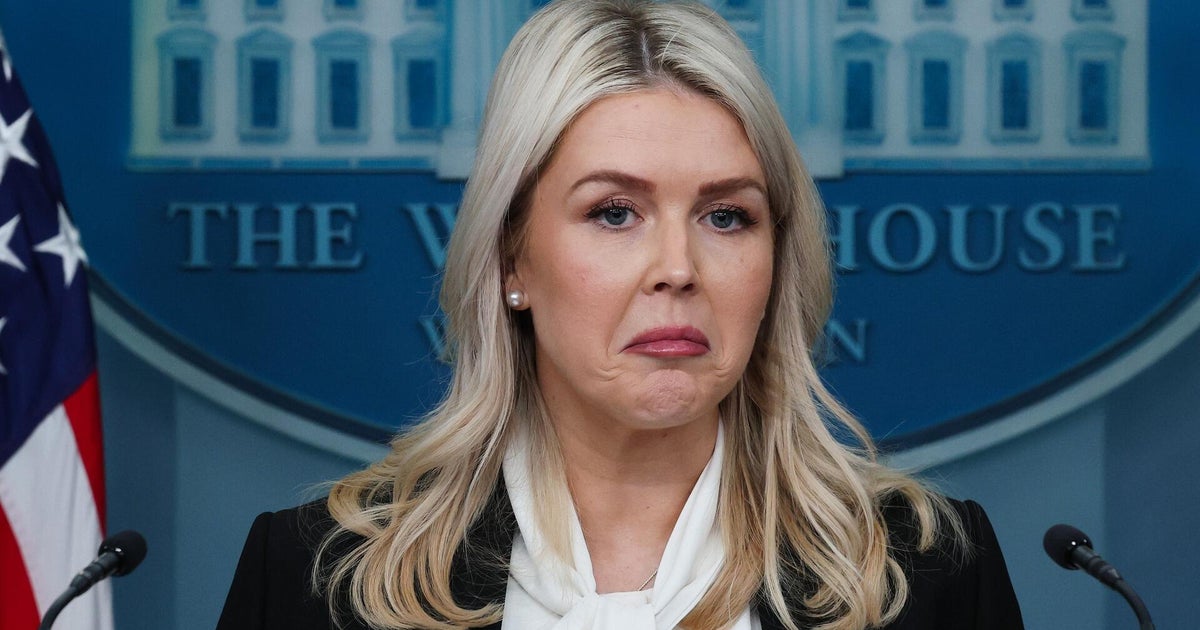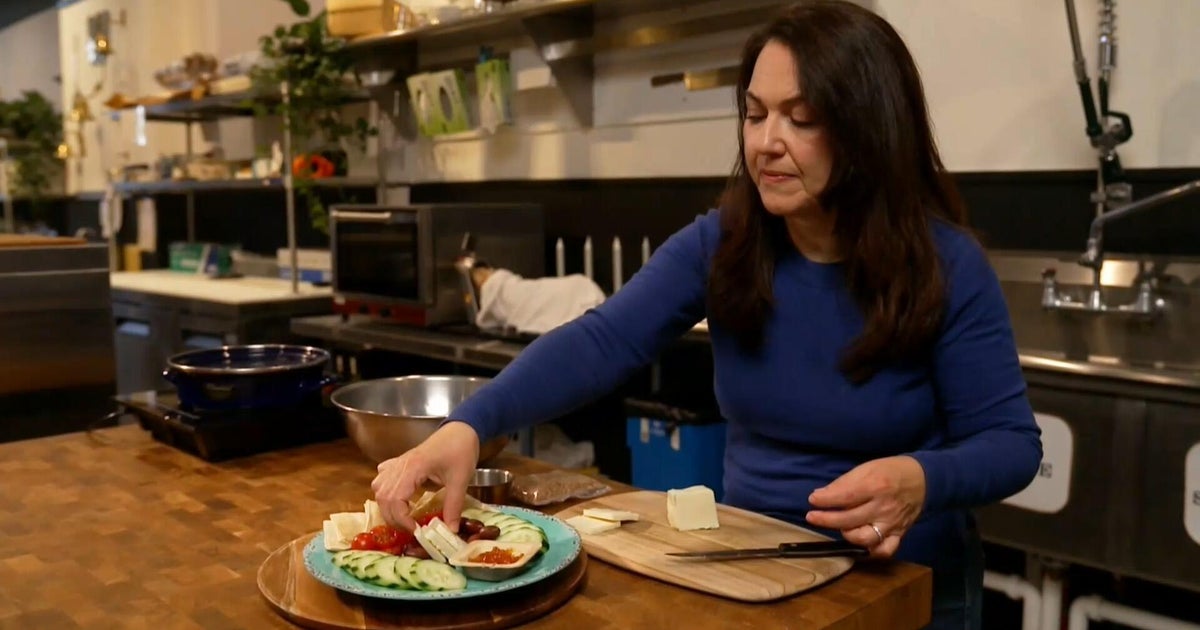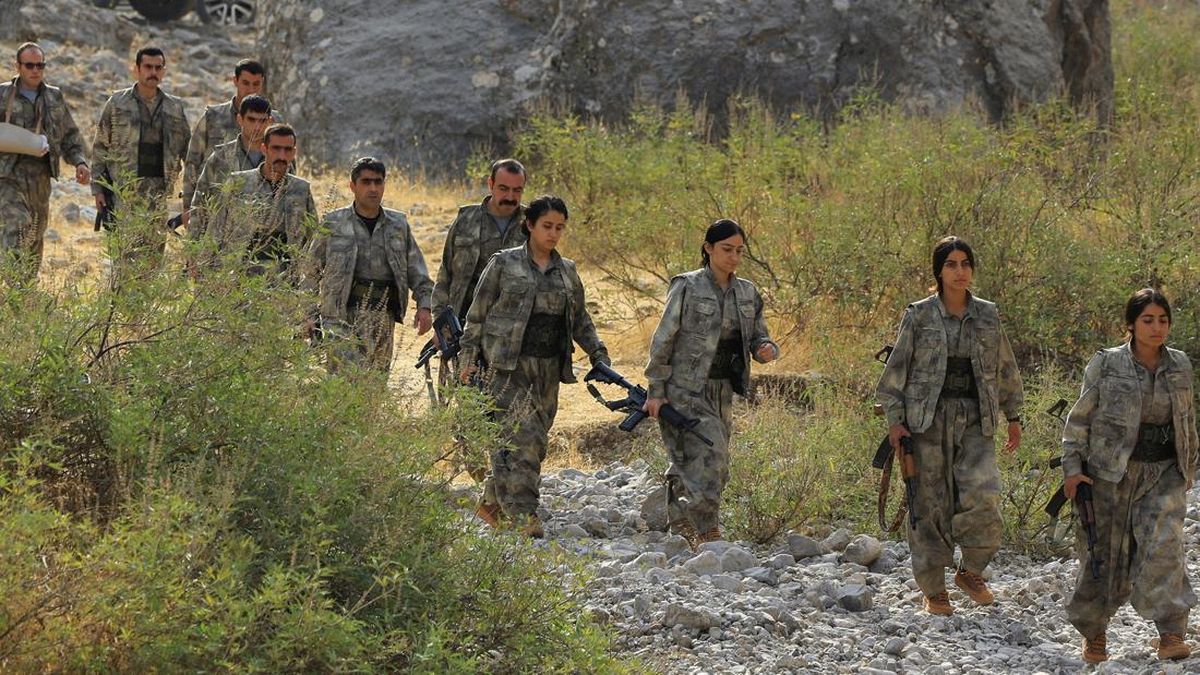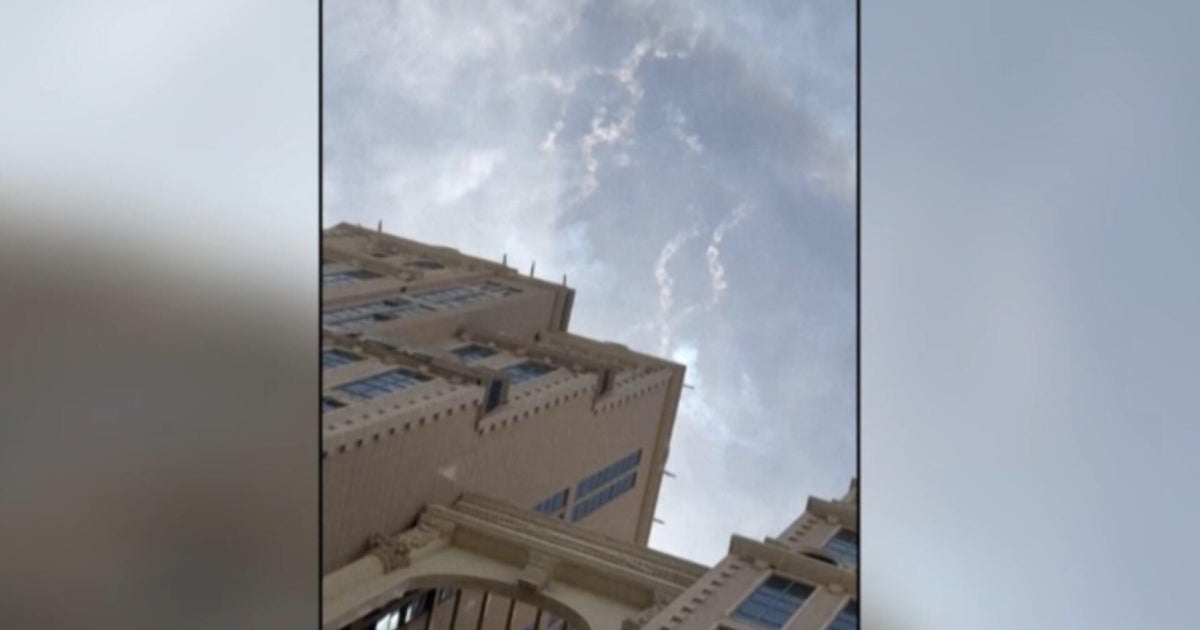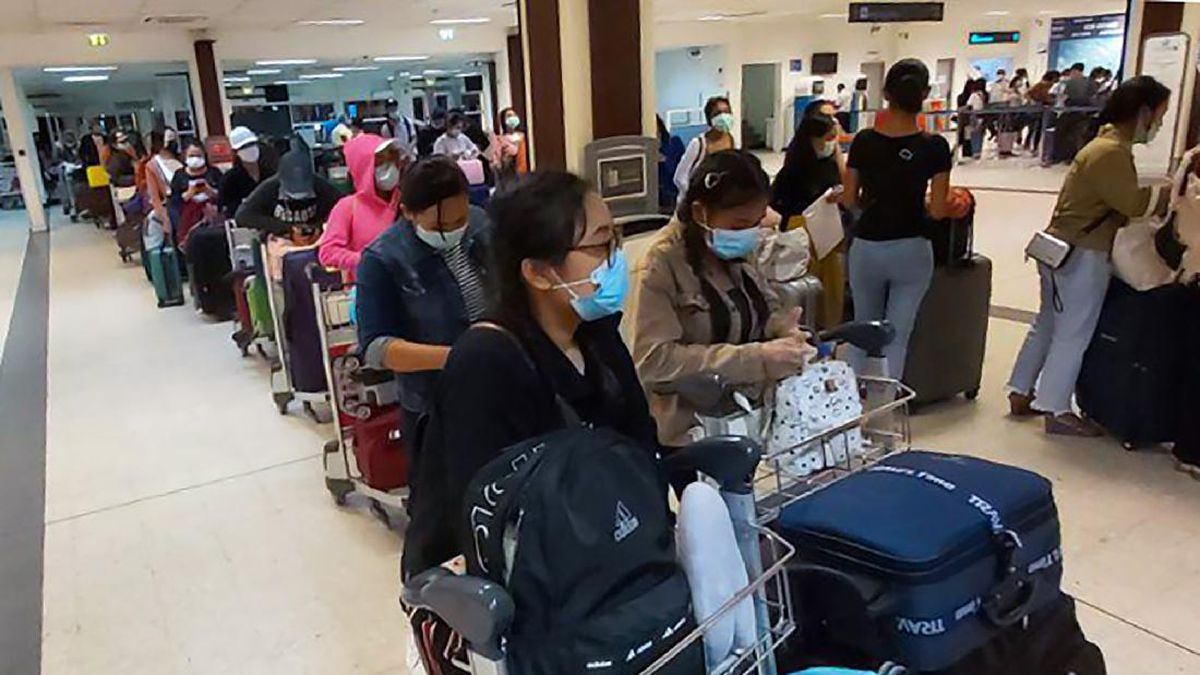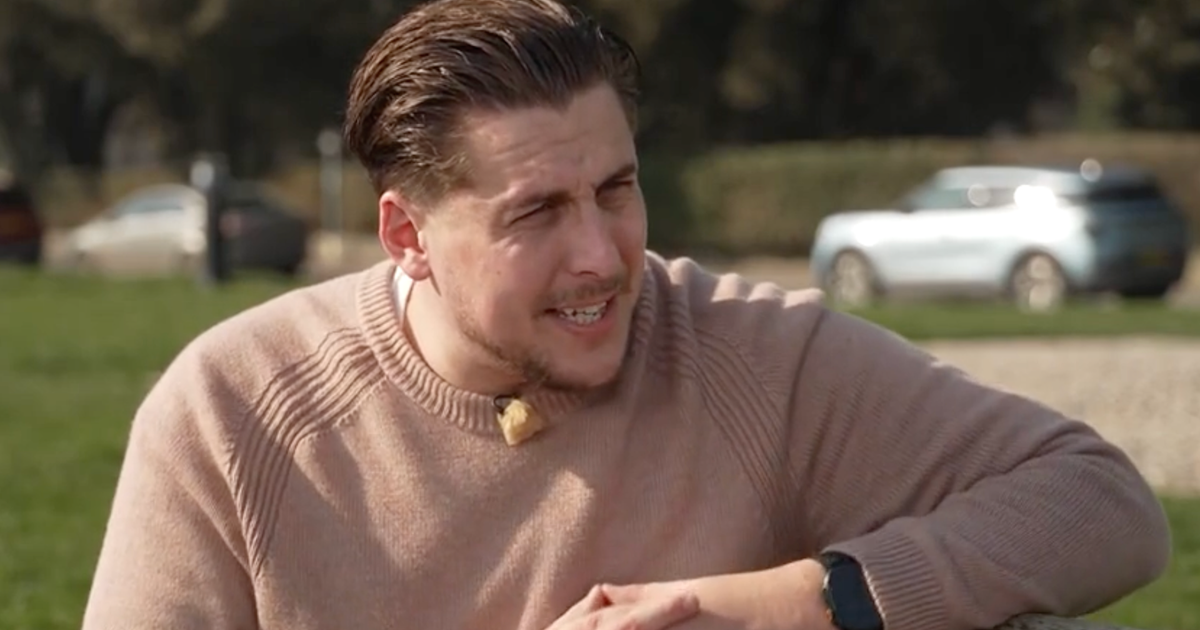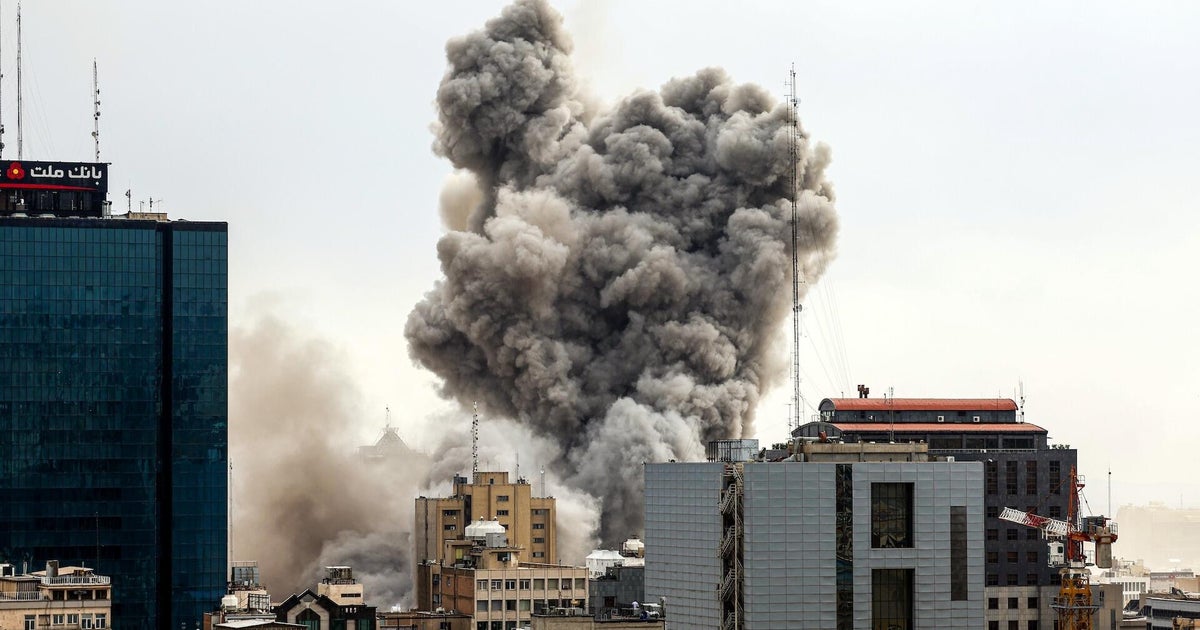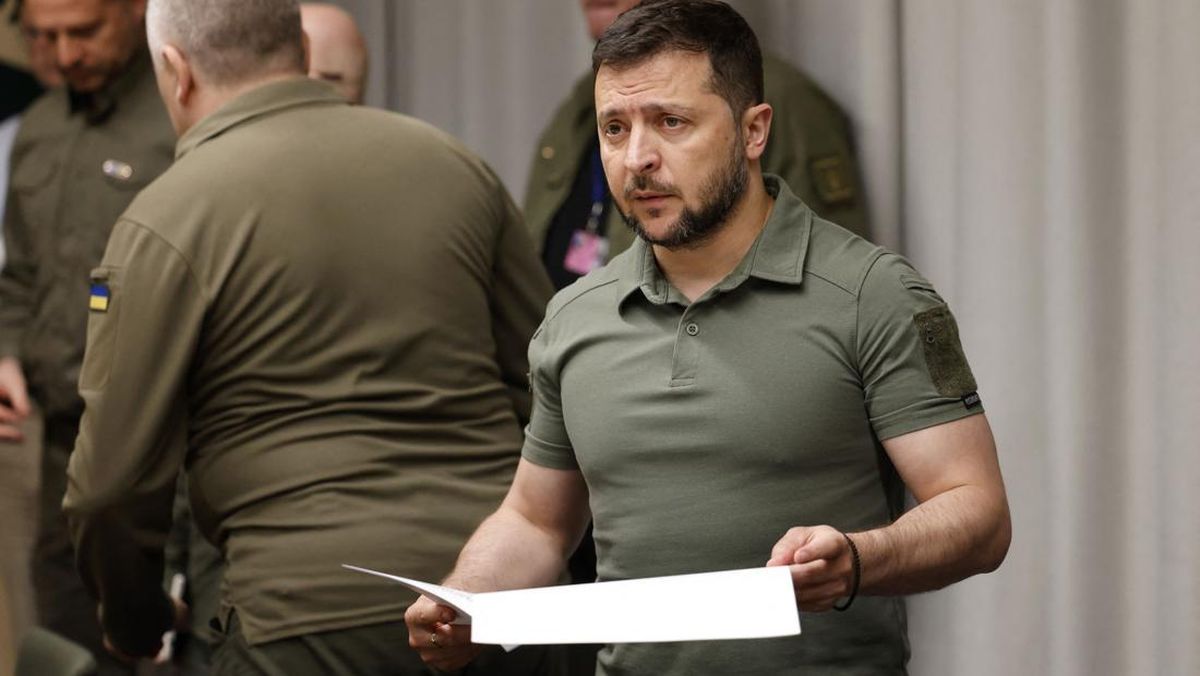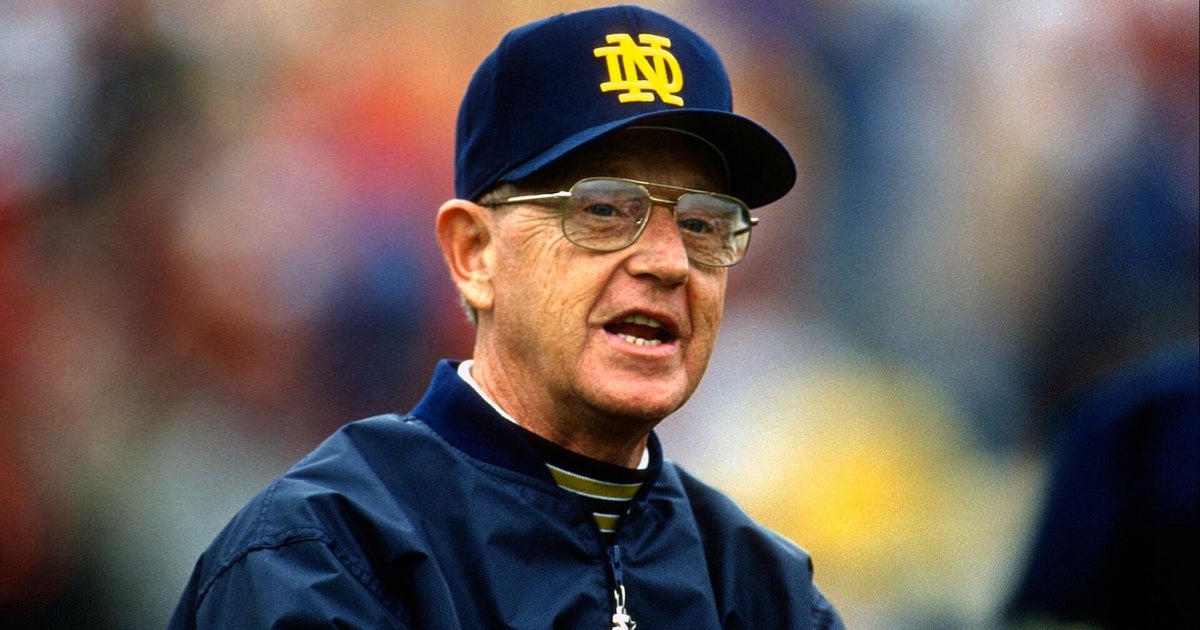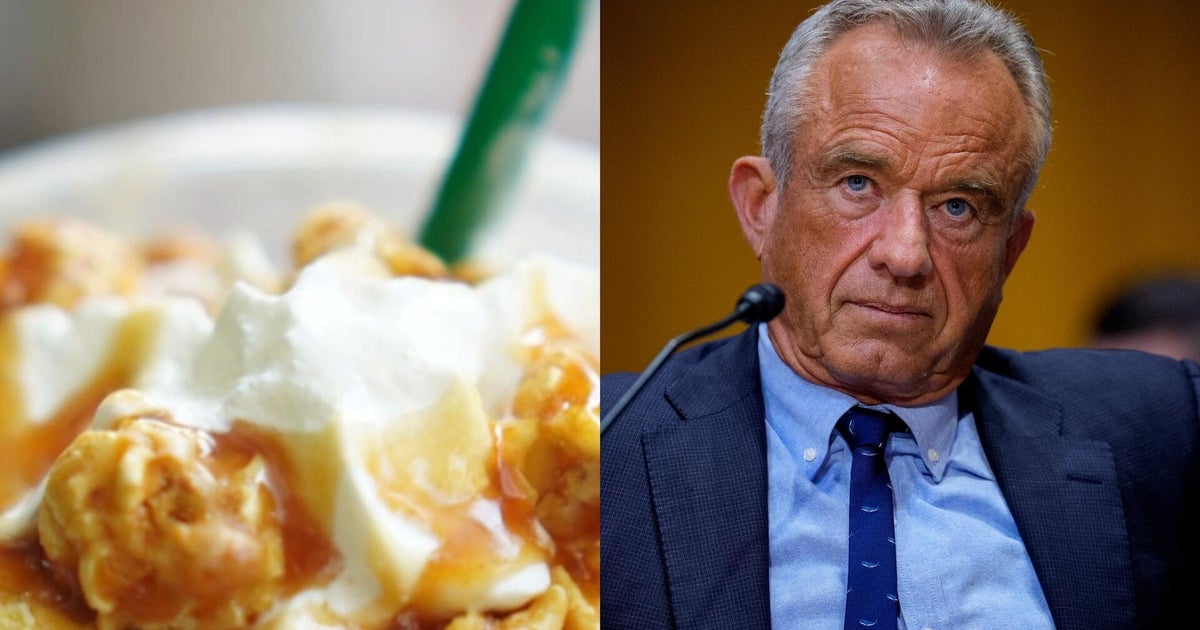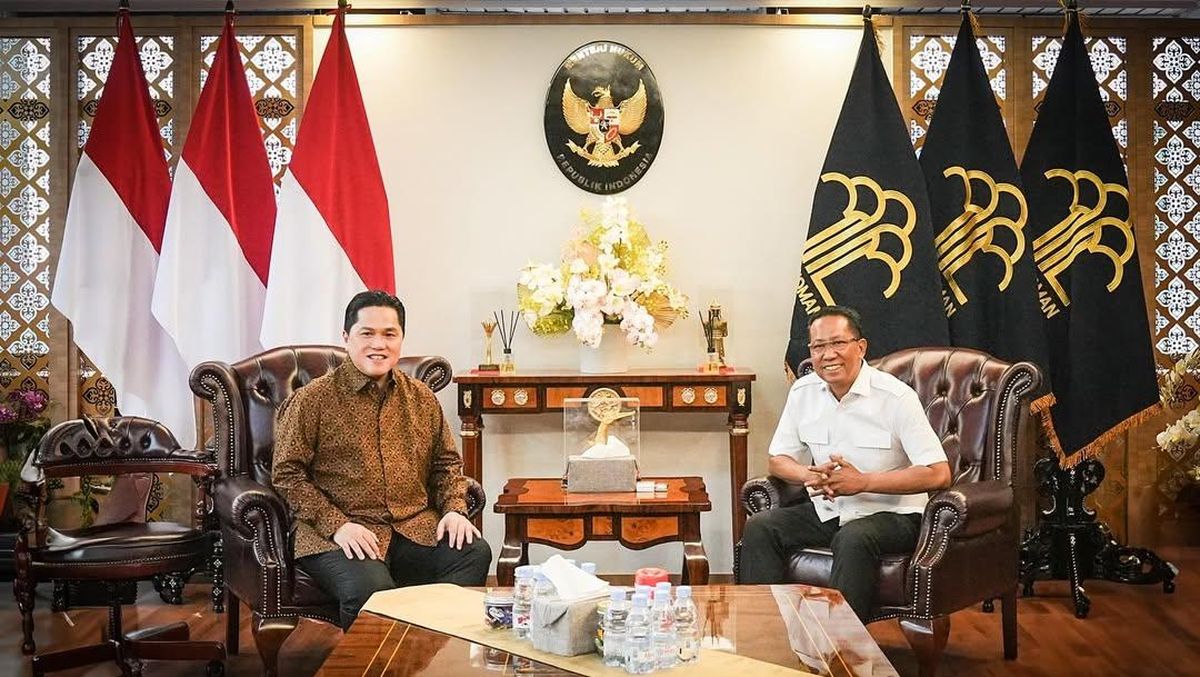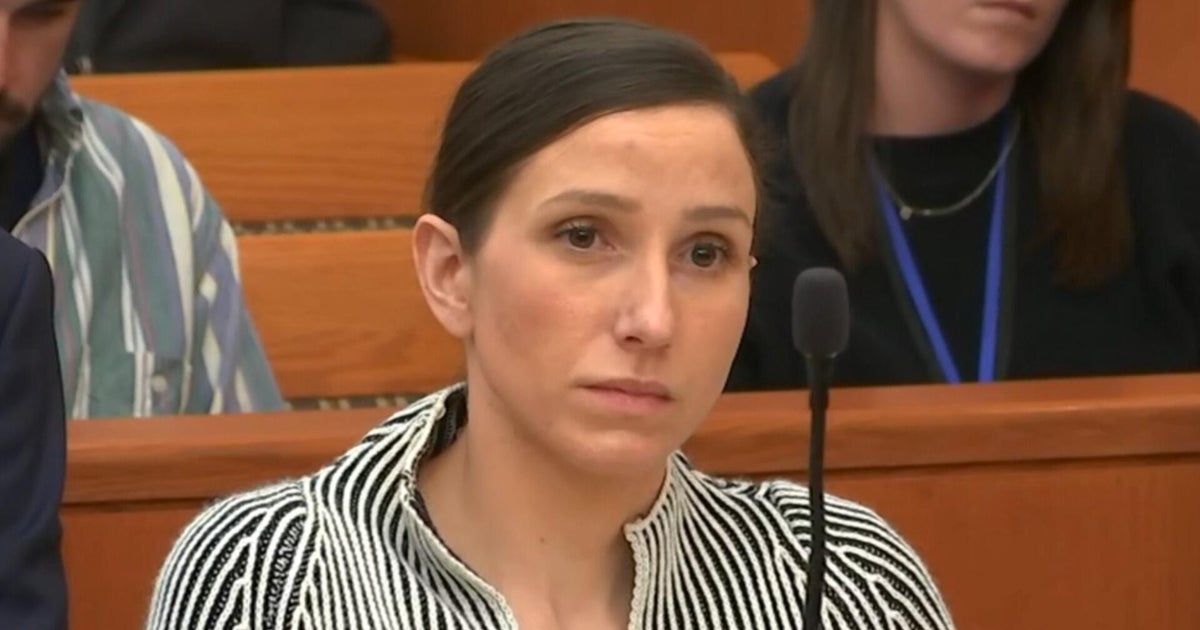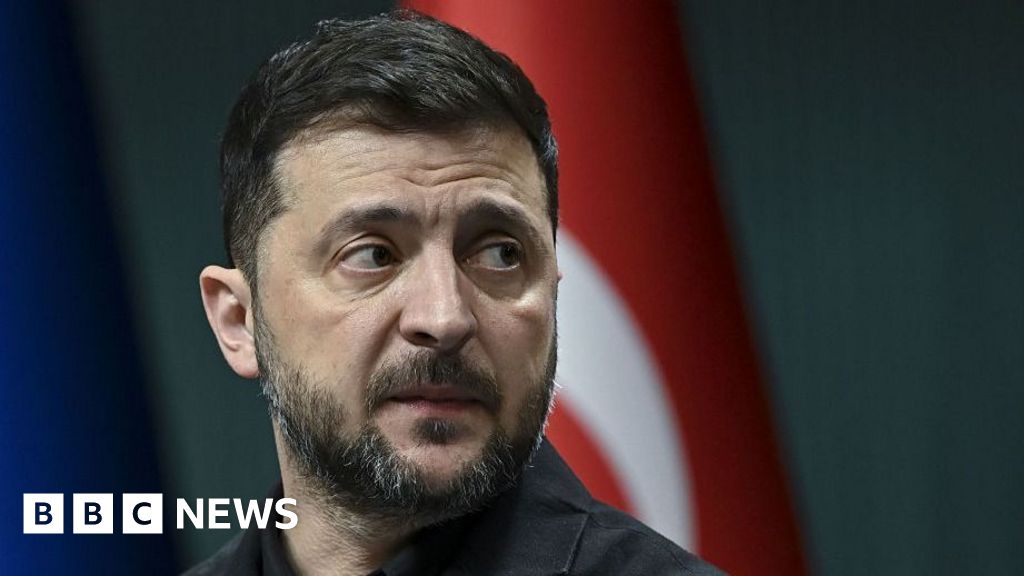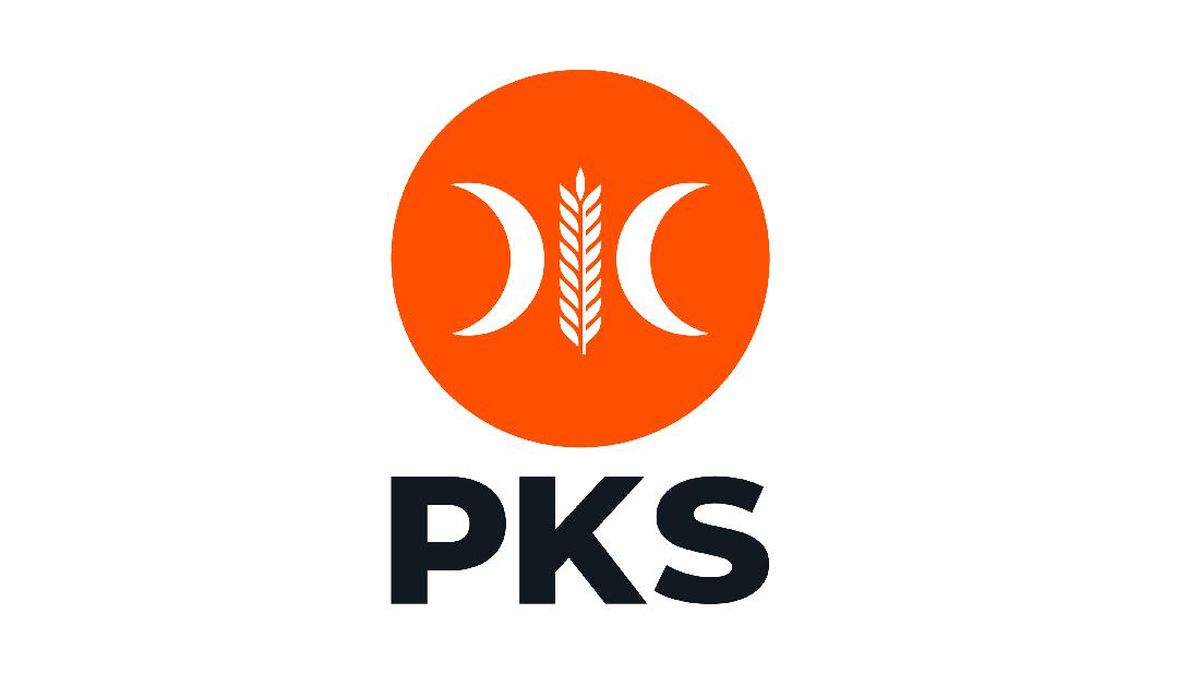Opinion
November 16, 2025 — 5.00am
November 16, 2025 — 5.00am
Gay-hate crime is rising again at an alarming rate, but this time through a different medium. A young man opens a dating app, messages someone he thinks is an adult and who seems genuine, and agrees to meet. What follows isn’t a date; it’s an ambush.
Teenage boys are creating fake profiles and luring gay men to isolated spots, then filming assaults and sharing them online. More than 30 people have been arrested in Victoria for using dating-app baiting to rob and assault gay men, while in Perth teenagers have been sentenced for luring victims and attacking them with weapons. The evidence is unmistakable: this is a pattern, not a scare story.

Groups of teenagers and young men are using dating apps to lure, violently assault and rob men in Melbourne parks before posting footage they capture of the disturbing attacks on social media.Credit: Eddie Jim
In NSW, we’ve just completed a truth-telling process into historical LGBTQ murders dating back as far as 1970, yet hate crimes against queer people continue in new forms. There has been a steady rise in violence driven by homophobia, particularly among young men. These crimes point to a larger pattern of organised cruelty that originates behind screens and manifests in violent assaults.
I grew up on Sydney’s north shore in the 1990s and learnt early what vulnerability looked like. My mother cared for her best friend and employee as he died from AIDS, then mourned him while public health ads showed the grim reaper bowling through families, as if people like Mum’s friend were the danger. The message settled like a stone: fear first, humanity second.
At 14, I worked at the register at a suburban KFC. One night, a relief manager from Kings Cross, Allan, arrived and ran the store with professionalism and warmth. As we closed, a kitchen hand told me, as he pointed at Allan: “Me and my mates go looking for faggots like him and bash them.” I froze. I packed up and left. Allan thanked me for my work. I ran home, worried for a man who had done nothing but his job.
School was filled with homophobic slurs. I kept my sexuality to myself until university and early work in government and law, coming out slowly. By 2008, I was a corporate lawyer, advising the Sydney Gay and Lesbian Mardi Gras pro bono, and by 2012, I was working at an out-and-proud law firm. The fear I’d felt as a teenager had become conviction: our community remained exposed.

The Rise memorial at Marks Park, Tamarama, dedicated to all the victims and survivors targeted during a spate of homophobic and transphobic violence from the 1970s to the 1990s in Sydney and NSW. Credit: Rhett Wyman
In late 2023, Justice John Sackar, KC, handed down the final report of the special commission of inquiry into LGBTIQ hate crimes. Among its recommendations were a review of unsolved homicides from 1970 to 2010, better resourcing for the Unsolved Homicide Team, and mandatory training for police on LGBTQ bias and best-practice investigation. NSW Police accepted all recommendations. It was a serious, overdue reckoning with the past. But the threat has moved with the 21st century, and into the architecture of our daily lives.
Today’s attackers do not wait in known beats or coastal parks; they message on dating apps. They exploit the trust that dating platforms trade on, and they weaponise the phones in our hands. This is premeditated baiting enabled by technology.
There is a cultural current running through these cases that we ignore at our peril. One Victorian offender told the sentencing judge he had been influenced by vigilante-style videos on various platforms: content that dresses homophobic violence as entertainment or even “justice”. Recent media analysis – including by the ABC, The Age and RMIT – warns that apps are increasingly being weaponised in some of the worst attacks in decades against gay and bisexual men. When imitation is instant and audiences are algorithmic, cruelty can scale quickly.
Loading
The predictable response is to tell LGBTQ people to be more careful. While safety advice matters, “be careful” is not a policy. The inquiry told us that hate will adapt if we let culture and society do the policing for us. Law enforcement must continue the proactive work we are now seeing, such as public briefings, targeted operations and resourcing to investigate co-ordinated groups, because victims often do not report, for reasons that include fear of being outed and the belief that app-based crimes will not be taken seriously.
Schools have a role, too. The ages involved here are a warning. If boys learn that homophobic violence and humiliation is content for entertainment, and that people are fair game for being “different”, we will keep meeting them at the end of a fake profile. Curriculums that address toxic masculinity and empathy failure are not culture war flourishes; they are prevention strategies that will protect all of us, not only the LGBTQ community.
Marriage equality did not end gay and trans hate; it made it less visible to people who were not looking. Almost a decade later, the targets have not changed, only the tools. I think of Allan in his pink shirt, doing his job well, and of the men today who open an app hoping to connect with someone they like but meet a hateful assailant instead. The distance between those scenes is 30 years and a sliver of mobile phone glass. We can’t call these crimes history while they are still happening in plain sight, and closing that distance will take more than memorialising past wrongs.
It will take policing that keeps pace with crime, platforms that share responsibility for safety, and schools that address toxic masculinity. Recognition is no longer enough. What’s needed now is resolve.
Nicholas Stewart is a partner at LGBTQ+ law firm Dowson Turco Lawyers and president of Australian Lawyers for Human Rights. He was among finalists for the 2026 NSW Australian of the Year.
Most Viewed in National
Loading

